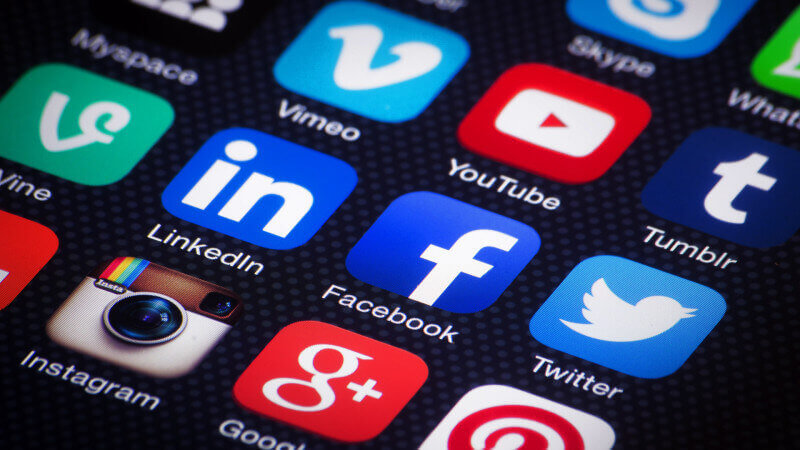
Google and Bing are rushing to make deals with Twitter and Facebook and other darlings of social media. That’s because they know people value peer recommendations, personalization and instant updates more than a static list of top-10 search results.
NB: This is an article from Oracle
The rush of the search engines to find their place in the world of social media says it better than anything else: The day of social media primacy is coming – if it’s not already here.
Which explains why it’s essential for hoteliers to “up their game” on social media.
The platform, certainly, isn’t perfect. We’ve all seen questionable advertisements. However, the self-policing nature of social media discourages such placement, and the platform can be used to yield results that visitors are more likely to trust.
But before we discuss best practices to capitalize on the power of the platform, it’s important to understand the similarities – and differences – between social media and search engines, and the impact they have on consumer behavior.
We’ve all been there, scrolling through our Facebook and Instagram and Pinterest pages and seeing something unique that we want – for our homes, for our pets, for dressing up. It reminds me of the days of the Shopping Channel; we didn’t know we needed the featured products until we saw them time and time again (Repetition remains the strongest advertising force.). And the similarities don’t end there; social media platforms are targeted based on your navigation and “likes” and, hopefully, lead to discoveries that match your interests.
But social media’s advantages are more compelling. If you didn’t save something of interest or can’t find it within your million saved items, you can still discover it in your social media – it’s there at all times as long as you keep scrolling and reacting. This distinction is probably the biggest difference with search engines. The latter feels “dated,” and you need to look for something and do some detective work. Say you are looking for a west coast boutique hotel with hot stones spa treatment, you probably will get thousands of recommendations. Whereas, if you are scrolling and “liking” spa treatment, west coast boutique hotels and hot stones – eventually, it’ll surface on your social media.
Hotel’s harnessing the power of social search
And what about the power of hashtagging? Friends, people, and services and products we follow – along with influencers – are all part of the hashtagging movement. When experiences are shared with hashtags – for example, #spatreatment, #westcoastboutiquehotels – they increase the repetition value, making it easier to find something of specific interest. Services and products increasingly are encouraging their followers to use the right hashtags to ensure a massive hit when others are searching for them. Furthermore, bots already are discerning intelligent hashtagging and making it appear for you.
With this knowledge, it’s time for hoteliers to make social media work for them. Encourage guests to share their experience along with pictures. Posts without photos don’t get much attention. Mentioning the place, the experience, the staff – all really helps. It may not convert social media navigators to guests right away, but it creates a pathway for such a transformation.
Keep in mind that many consumers skip right over Google or Yahoo when conducting a search and instead use social media networks. Some of the following scenarios, highlighting consumers’ increasing interaction with social media, may sound familiar:
- You’re watching a TV show or news program and turn to Twitter to search.
- Looking for information on how to dry and press a flower? Pinterest is probably your “go-to.”
- Facebook’s home page now has a “trending on Facebook” section where you can see headlines and search for Facebook posts based on certain topics.
- Seeking the best restaurants or repair shops near you? Odds are, you’re turning directly to Yelp for help.
- You’re exploring a company’s Facebook page rather than its website.
Consumers want guidance and reliability, and word-of-mouth advertising provides them the reassurance they need. Make sure your guests can find it on social media.



